Thursday, 16 May 2024
Menu

According to the team of scientists responsible for the accidental discovery of marine life on a boulder under the Antarctic ice shelf, it challenges the scientific world and our knowledge of how organisms can survive and function in environments far from sunlight.

The footage probably shows 16 sponges accompanied by 22 other unidentified animals, including barnacles (a type of marine crustacean with a sedentary lifestyle). This is the first time such an “oasis” of life has been found under Antarctic ice.
There are many reasons why they shouldn’t be there,” said Huw Griffiths of the British Antarctic Survey, who was in charge of analysing the collected film footage.
He believes that the animals, which are probably filter feeders, can survive by carrying nutrients in water at -2°C. The problem is that they are extremely far from obvious sources of nutrients, given that the boulder is located 260km from open water at the front of the Filchner-Ronne ice shelf, where photosynthetic organisms can survive.
Interestingly, the researchers believe that the food of the discovered sponges is probably moving from even further away. Given what we know about the ocean currents in the area, the nearest source of sunlight upstream appears to be as far away as 600 kilometres!

This discovery is hugely significant for our knowledge as it suggests that life, even in the harshest conditions in Antarctica, is more flexible and diverse than previously thought.
Scientists now want to study the found animals more closely, but given the distance and difficult accessibility to where they live, this will not be easy. One option being considered is miniature remote-controlled ROV robots that will be lowered into a borehole in the ice. Perhaps they will bring more answers to the long list of questions to the surface?

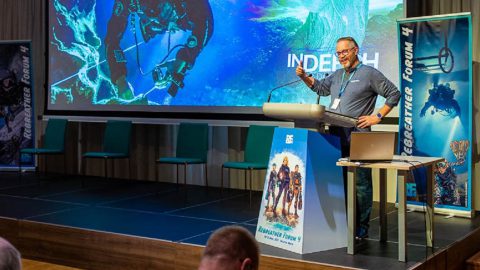



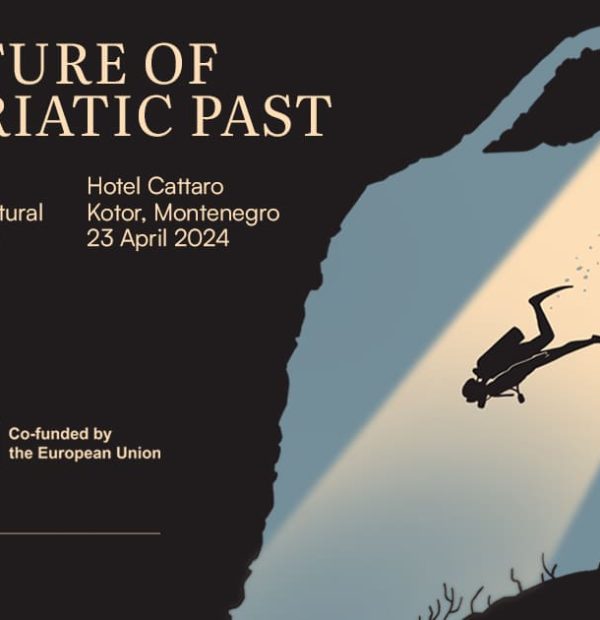
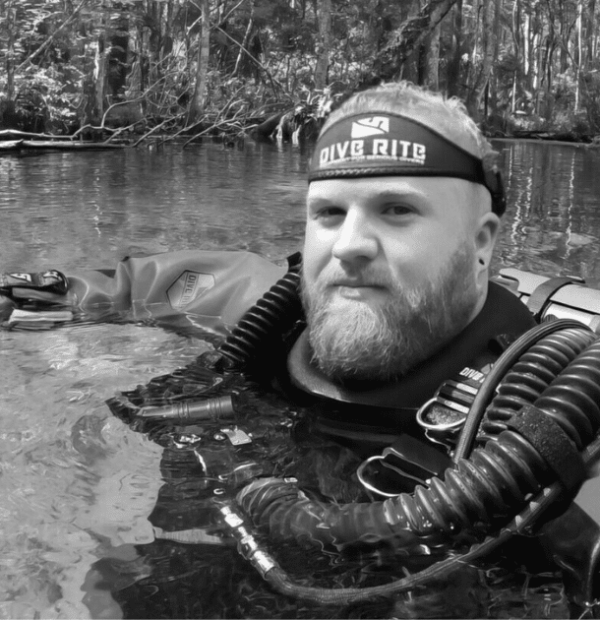
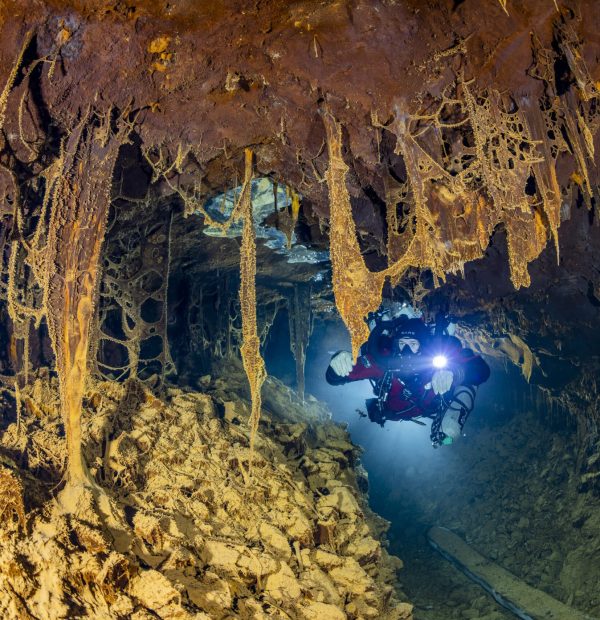
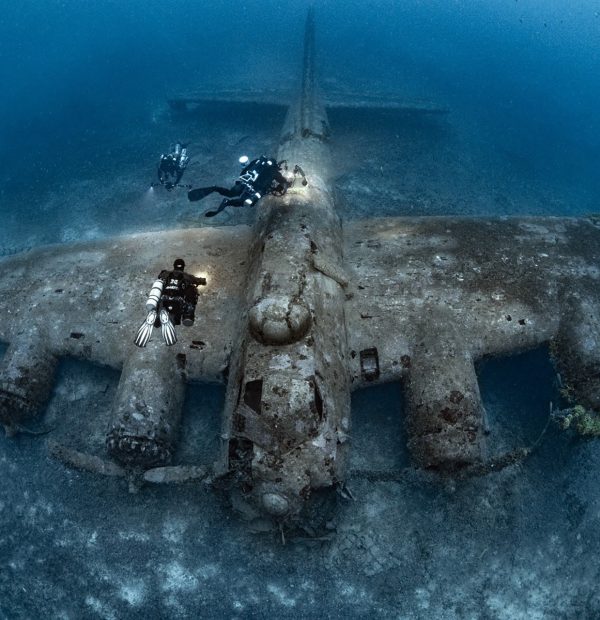

Welcome to DIVERS24.COM, your daily source of scuba news, freediving, scuba diving information, and equipment reviews. Our comprehensive coverage of the dive industry from A to Z provides you with all the latest scuba news, training updates, underwater photography tips, and everything else related to scuba diving. Whether you’re a beginner or an experienced diver looking for more knowledge about scuba gear or techniques – we’ve got it covered! With our in-depth articles written by experienced divers who have been there and done that, you are sure to find exactly what you need here at Divers24.com. Dive into scuba news today!
Underwater Media Sp. z o.o.
Szafarnia 11/F8,
80-755 Gdansk, Poland
Welcome to DIVERS24.COM, your daily source of scuba news, freediving, and scuba diving information. Sign in for a weekly news update and discount coupons for dive gear and apparel.
@2023 - underwatermedia.pl. All Right Reserved. Designed and Developed by Tworzenie stron internetowych Gdansk

The Divers24 portal is currently the largest online medium treating diving in Poland. Since 2010 we have been providing interesting and important information from Poland and around the world on all forms of diving and related activities.
Contact us: info@divers24.com